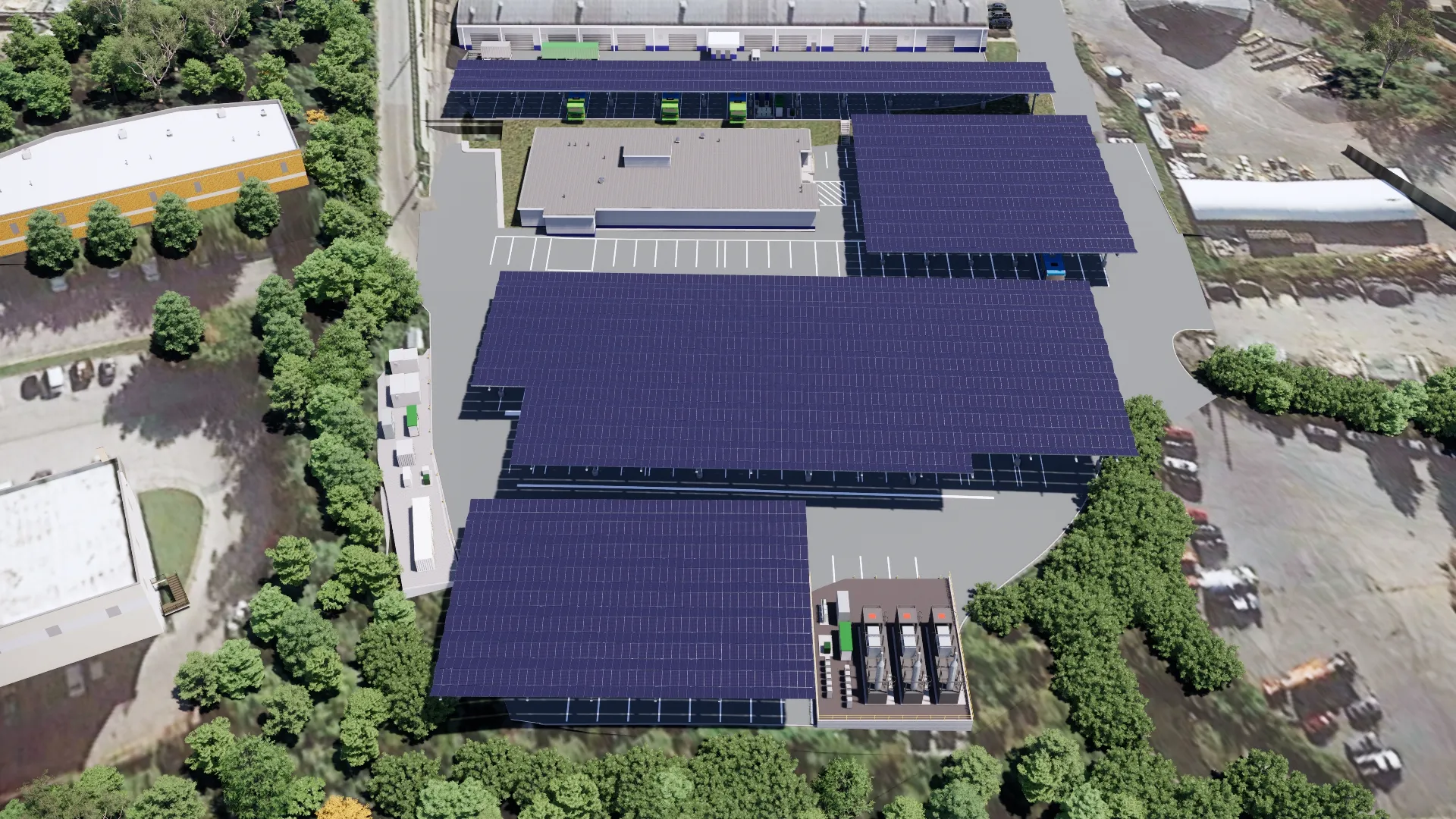A new industry-led national body that aims to drive the uptake of electric vehicles (EV) in Australia has been launched in Canberra.
A total of 17 organisations, including non-profit organisation ClimateWorks Australia,
Minister for Energy and Environment, Josh Frydenberg, who attended the launch, announced a US$288,000 (AU$390,000) grant from the Australian Renewable Energy Agency (ARENA) to support the uptake of electric vehicles in Australia.
The Electric Vehicle Council’s chair, Behyad Jafari, said the market for electric vehicles includes significant opportunities to deliver economic investment, innovation and environmental sustainability.
The Council plans to focus on addressing the barriers preventing the mass uptake of EVs in Australia. In addition to introducing vehicle emission standards, key policy measures include incentivising electric vehicle purchase in the short term as the technology works to meet price parity through upfront incentives and taxation measures, as well as establishing a recommended roadmap for national public charging infrastructure.
New national body to drive uptake of electric vehicles in Australia
A new industry-led national body that aims to drive the uptake of electric vehicles (EV) in Australia has been launched in Canberra.
A total of 17 organisations, including non-profit organisation ClimateWorks Australia, Tesla, Audi, BMW, Jaguar Land Rover, infrastructure firm JET charge and the Royal Automobile Club of Victoria have joined the Electric Vehicle Council.
June 2, 2017
Read time: 2 mins








